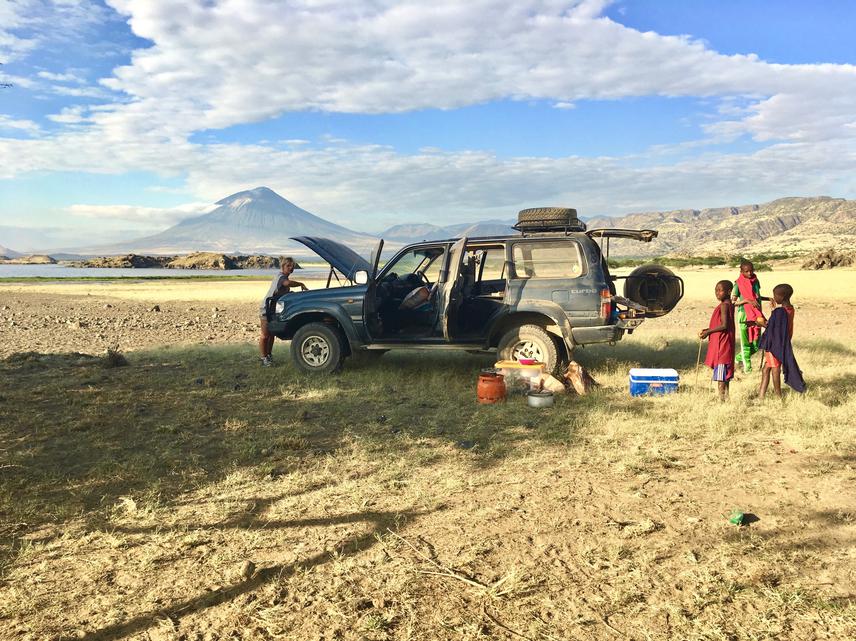Laura Rebecca Perry
Other projects
Conflict between carnivores and pastoralists across sub-Saharan Africa is a major—and growing—problem. Various tools have been used to try and correct this trend, not least the application of psychology, which has been widely used to explore attitudes towards predators and perceptions of conservation. But this work has so far failed to address the rift between known effective approaches to livestock protection and actual practice. By reconceptualising livestock management as ‘work’, my DPhil will use tools from industrial psychology to understand motivation and the links between attitudes, cognition and behaviour. In applying well-established tools to the work-related problems associated with livestock herding, I hope to address the schism between best practice and implementation, and ultimately reduce conflict between pastoralists and predators.

This project focuses on the interaction between livestock-owning communities and predators: how bad are losses to predators, and how can livestock management behaviour be modified to reduce predation? Drawing from the field of industrial psychology, this project will focus on attitude formation, how cognition and beliefs inform behaviour, and motivation to manage livestock effectively. Although various predators cause conflict, lions are often the most divisive species and therefore will be the ostensible focus of this work.
Using psychological surveys, data will be collected on the perceptions and beliefs of livestock owners and managers across a variety of sites in East and Southern Africa. This core collection of structured interviews will be supplemented by focus groups and unstructured interviews. In the first year of work, I will be based in Kenya, with sites including Shompole, in the South Rift, Amboseli, and Ol Pejeta, and more to be decided based on preliminary work. It is intended that this work should be highly collaborative, and by treating sites as both case studies and components of a larger analysis, data collection on each site will be responsive to locally-relevant questions. In addition to my own data, I will be collaborating with various partners to perform a meta-analysis of the impact of ecological factors, physical protection (e.g. bomas), and livestock management strategies on losses to carnivores across sub-Saharan Africa.
Whilst the novel application of tools from industrial psychology to human-wildlife conflict is of academic interest, the focus of this work is more applied. By exploring motivation and the factors that promote or impede effective livestock management from a work-related perspective, this project aims to recommend and help implement improved livestock management practices. These recommendations should not only be relevant for conservation organisations, but should also provide pastoral communities with the tools to address livestock management issues, and generate external interest and support for effectively managed systems. Combining applied psychology and meta-analysis of livestock losses, overall this work should synthesise a comprehensive understanding of optimal livestock management and a framework for using workplace psychology to reduce conflict between pastoralists and carnivores.